Enhancing AI skills from primary school
Resolution 71-NQ/TW of the Politburo on breakthroughs in education and training development has set a goal of achieving initial results in improving technological capacity, artificial intelligence (AI) and English proficiency at the secondary level by 2030.
This goal is receiving great attention from educators and researchers. This is considered a strategic orientation, but also requires specific and synchronous solutions for effective implementation.
From the perspective of a researcher and teacher in Computer Science , Master Huynh Ngoc Thai Anh (School of Information and Communication Technology, Can Tho University) believes that Resolution 71 has correctly identified the role of AI. AI is not only a tool but also a core competency for learners and researchers.
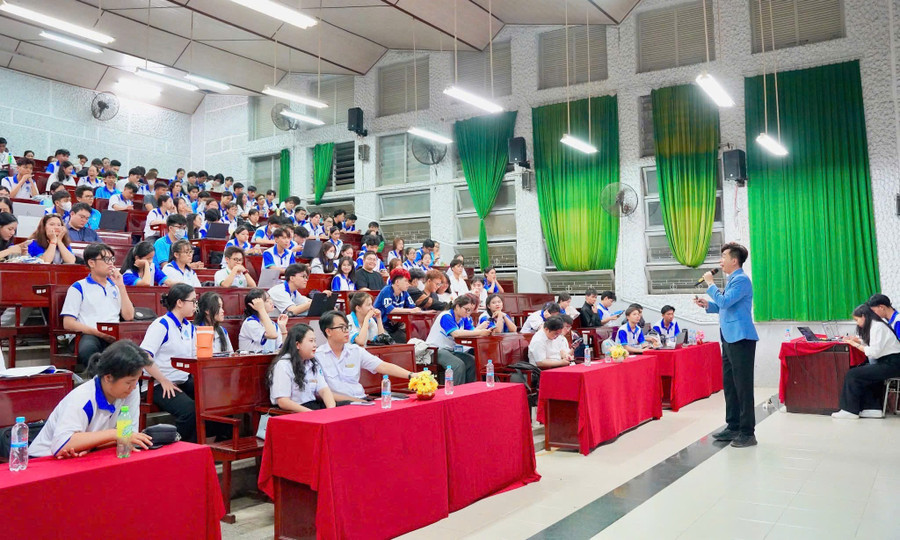
According to Master Thai Anh, to effectively implement this goal, Vietnam needs a national AI competency framework for students at each level. This competency framework should closely follow international standards such as AI4K12, or UNESCO's AI competency framework, DigComp 2... to be measurable.
“The national AI competency framework, when implemented synchronously, will help students have a clear learning path: understanding principles, using tools, creating products with AI. Along with that are early orientations on AI ethics, so that learners can approach and make it a habit,” shared Master Thai Anh.
Promote research, transparency and practice
Regarding research and innovation, Master Thai Anh commented that the goals and vision in Resolution 71 are a very strong driving force for higher education institutions and research centers.
The resolution aims to elevate higher education institutions to truly become centers of research, innovation, and entrepreneurship for the country and regions.
In particular, there are specific indicators to strive for, such as increasing international scientific publications by 12% per year, increasing registration and patent protection by 16% per year, recruiting at least 2,000 excellent lecturers from abroad, and striving to have many schools ranked in the top regional and world rankings by field. These are specific milestones to achieve.

“From these orientations, universities and research centers can re-plan their research strategies, build strategies for developing laboratory infrastructure, build strong specialized research groups as well as connect interdisciplinary and inter-school research,” suggested Master Thai Anh.
However, MSc. Thai Anh also emphasized the need to promote interdisciplinary and community-oriented research. AI and data science can create rapid impacts in the fields of agriculture, health, environment, and smart cities. The selection of topics must adhere to sustainable development goals and have clear social benefit measurement indicators.
In addition, during the implementation process, special attention should be paid to honest assessment, negative correction and strict control of output quality, especially at the postgraduate level.
“In my opinion, there needs to be a public and verifiable national criteria framework on ethics and academic integrity, including authorship rules, data and source code management; transparency in the use of AI in research and teaching; open publications on topics using public budgets, and transparent assessment and handling of violations,” Master Thai Anh proposed.
From the perspective of researcher and educator Huynh Ngoc Thai Anh, building a national AI capacity framework, promoting research linked to practice and ensuring transparency in academia will be the key to realizing the vision in Resolution 71-NQ/TW.
Source: https://giaoducthoidai.vn/nghi-quyet-71-can-khung-nang-luc-ai-quoc-gia-de-phat-trien-ai-cho-hoc-sinh-post747831.html


![[Photo] Many streets in Hanoi were flooded due to the effects of storm Bualoi](https://vphoto.vietnam.vn/thumb/1200x675/vietnam/resource/IMAGE/2025/9/29/18b658aa0fa2495c927ade4bbe0096df)
![[Photo] National Assembly Chairman Tran Thanh Man chairs the 8th Conference of full-time National Assembly deputies](https://vphoto.vietnam.vn/thumb/1200x675/vietnam/resource/IMAGE/2025/9/29/2c21459bc38d44ffaacd679ab9a0477c)


![[Photo] General Secretary To Lam receives US Ambassador to Vietnam Marc Knapper](https://vphoto.vietnam.vn/thumb/1200x675/vietnam/resource/IMAGE/2025/9/29/c8fd0761aa184da7814aee57d87c49b3)
![[Photo] General Secretary To Lam attends the ceremony to celebrate the 80th anniversary of the post and telecommunications sector and the 66th anniversary of the science and technology sector.](https://vphoto.vietnam.vn/thumb/1200x675/vietnam/resource/IMAGE/2025/9/29/8e86b39b8fe44121a2b14a031f4cef46)
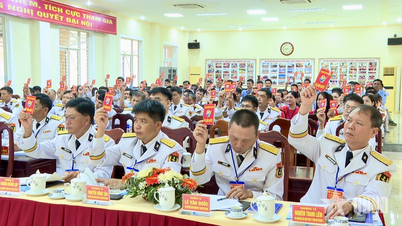






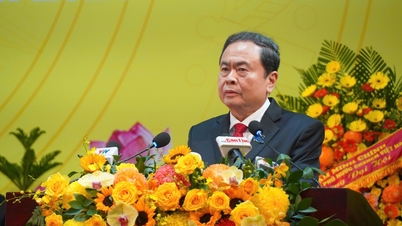

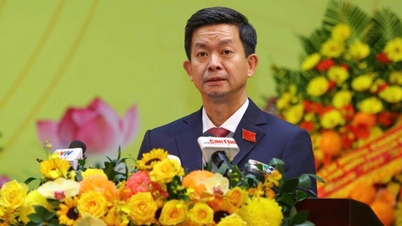




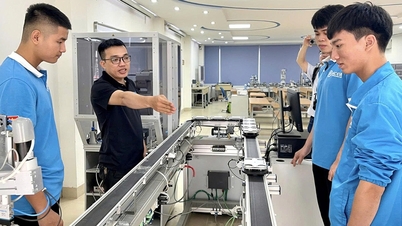
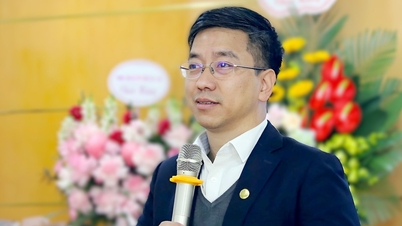















































































Comment (0)